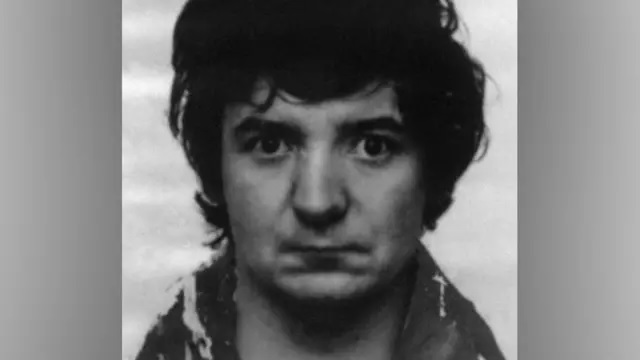A 68-year-old man, Peter Sullivan, on Tuesday, May 25, 2025, had his murder conviction overturned by the Court of Appeal after spending 38 years in prison for a crime he did not commit.
It marked what is believed to be the longest-running miscarriage of justice in British legal history.
Sullivan was originally convicted in 1987 for the brutal murder of 21-year-old Diane Sindall, a florist and part-time pub worker.
The prosecution alleged that in August 1986, Sullivan, heavily intoxicated after losing a darts match, had armed himself with a crowbar and encountered Sindall by chance.
Her florist van had broken down on her way home from a pub shift, and as she walked to a petrol station, she was attacked, sexually assaulted, and left partially clothed and mutilated.
Despite Sullivan consistently maintaining his innocence, and two previous attempts to overturn his conviction, it was not until recently that key forensic evidence emerged.
New DNA testing, commissioned by the Criminal Cases Review Commission (CCRC), revealed that Sullivan’s DNA was not present on any of the samples preserved from the crime scene.
Instead, the samples belonged to an unidentified individual referred to as “unknown male one.”
Duncan Atkinson KC, explained the DNA analysis to the Court of Appeal .
He said the analysis indicated it was a billion times more likely that the sample belonged to this unknown male than to anyone else, including Sullivan.
Atkinson was representing the Crown Prosecution Service.
He acknowledged that had this DNA evidence been available at the time of Sullivan’s prosecution, it was doubtful charges would have even been brought against him.
In response, Lord Justice Holroyde, sitting alongside Mr Justice Goss and Mr Justice Bryan, declared the conviction unsafe and formally quashed it.
He stated, “In the light of that evidence, it is impossible to regard the appellant’s conviction as safe.”
Sullivan, attending the hearing via video link from HMP Wakefield, appeared emotional as the decision was announced, lowering his head and covering his mouth.
Sullivan’s sister, Kim Smith, was present in court and tearfully exclaimed, “We’ve done it” as the ruling was delivered.
Speaking outside the court, she reflected on the toll that the case had taken on both families.
She noted, “We lost Peter for 39 years, and at the end of the day, it’s not just us — Peter hasn’t won, and neither has the Sindall family. They’ve lost their daughter, and they’re not getting her back.”
In a statement read by his solicitor Sarah Myatt outside court, Sullivan described the ordeal as too horrific to recount fully.
He expressed neither anger nor bitterness, but a desire to return to his family and make the most of the life he has left.
“As God is my witness, it is said the truth shall set you free,” he stated.
“It is unfortunate that it does not give a timescale,” he added.
Merseyside Police acknowledged that the decisive DNA evidence was not available during the original investigation.
Det Chief Supt Karen Jaundrill said over 260 men had been screened since the case was reopened in 2023, but the DNA has yet to match anyone in the national database.
She confirmed that, with the assistance of the National Crime Agency (NCA), efforts were ongoing to identify the individual responsible for the DNA left at the scene.
Lord Justice Holroyde added that a 2008 decision by the CCRC to not pursue DNA testing was reasonable based on the scientific capabilities at the time.
He expressed sympathy for the victims, saying, “The brutal attack which ended Miss Sindall’s young life also blighted the lives of her fiancé, her family, and all those who loved her.
“We offer our condolences to the bereaved.”
The case has reignited criticism of the UK’s appeals system.
James Burley, who led the charity Appeal’s investigation into the similar case of Andrew Malkinson, pointed to a systemic failure.
He noted that Sullivan, Malkinson, and Victor Nealon collectively spent over 70 years imprisoned due to wrongful convictions, all eventually overturned by DNA evidence despite repeated rejections by both the Court of Appeal and the CCRC.
Professor Rebecca Helm from the University of Exeter echoed these concerns.
She emphasized the need for a system that allows scrutiny of convictions even without “new” evidence.
According to her, this is especially in cases involving questionable forensic science, to protect the wrongfully convicted and identify true perpetrators.
A spokesperson for the Prime Minister described the case as a “grave miscarriage of justice.”
The spokesperson stated that it is essential to understand how such an error occurred, so that both Sullivan and Sindall’s family can receive the answers they deserve.







